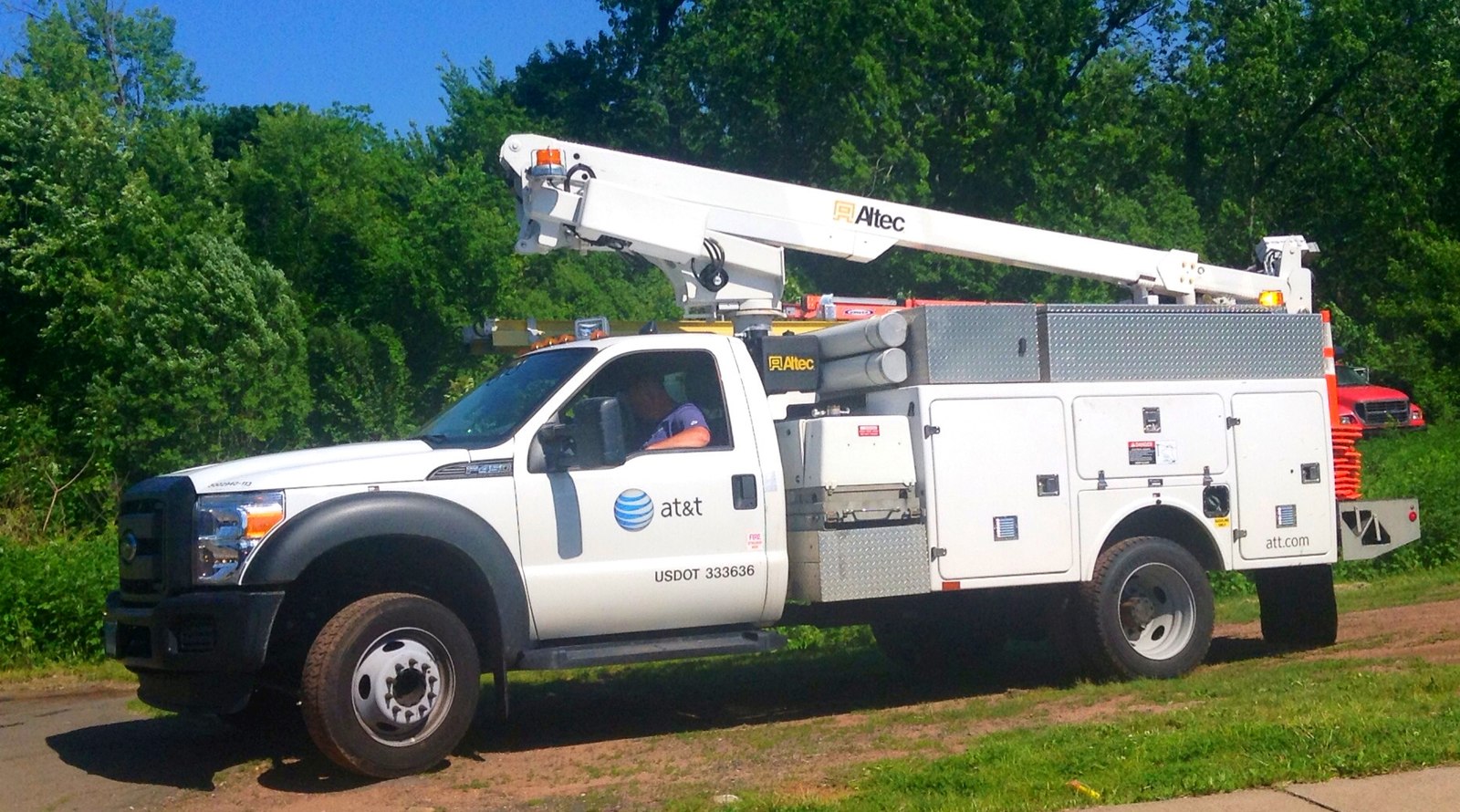Everest Fang is a student at Harvard Law School.
In today’s news and commentary: Port workers meet to discuss potential strike strategy, and AT&T workers enter the third week of their strike.
Delegates representing chapters of the International Longshoremen’s Association (ILA), are meeting today and tomorrow to discuss a proposed contract with the organization’s wage scale committee. The meetings could provide insight into whether the union, which represents tens of thousands of workers at U.S. East Coast and Gulf Coast ports, will follow through on its threat to strike on October 1st. The meetings are intended to allow members to strategize ahead of the potential strike. ILA’s negotiations with the United States Maritime Alliance, which represents ports ownership, broke down in July. The union announced it canceled talks after discovering that automated technology was being used by APM Terminals and Maersk, the world’s second-largest shipping company and APM Terminals’ parent company, to process trucks at port terminals without union labor. In August, ILA president Harold Daggett said that membership was 100% behind ILA leadership’s decision to strike on October 1 if the union’s demands are not met. ILA’s contract expires at the end of the month.
More than 17,000 AT&T workers in the southeast have entered the third week of their strike in Alabama, Florida, Georgia, Kentucky, Louisiana, Mississippi, North Carolina, South Carolina and Tennessee.. The Communications Workers of America (CWA) have accused the company of unfair labor practices for attempting to further delay bargaining on a new union contract. The workers on strike include technicians, customer service representatives and others who install, maintain and support AT&T’s network. In 2019, the union filed unfair labor practice charges over the company’s delays in bargaining a new contract, resulting in AT&T managers attending bargaining sessions, and a tentative agreement reached shortly thereafter. Despite this history, the same delays seem to be playing out. CWA is seeking wage increases that take inflation into account, and protections that improve their work-life balance.






Daily News & Commentary
Start your day with our roundup of the latest labor developments. See all
June 30
Antidiscrimination scholars question McDonnell Douglas, George Washington University Hospital bargained in bad faith, and NY regulators defend LPA dispensary law.
June 29
In today’s news and commentary, Trump v. CASA restricts nationwide injunctions, a preliminary injunction continues to stop DOL from shutting down Job Corps, and the minimum wage is set to rise in multiple cities and states. On Friday, the Supreme Court held in Trump v. CASA that universal injunctions “likely exceed the equitable authority that […]
June 27
Labor's role in Zohran Mamdani's victory; DHS funding amendment aims to expand guest worker programs; COSELL submission deadline rapidly approaching
June 26
A district judge issues a preliminary injunction blocking agencies from implementing Trump’s executive order eliminating collective bargaining for federal workers; workers organize for the reinstatement of two doctors who were put on administrative leave after union activity; and Lamont vetoes unemployment benefits for striking workers.
June 25
Some circuits show less deference to NLRB; 3d Cir. affirms return to broader concerted activity definition; changes to federal workforce excluded from One Big Beautiful Bill.
June 24
In today’s news and commentary, the DOL proposes new wage and hour rules, Ford warns of EV battery manufacturing trouble, and California reaches an agreement to delay an in-person work mandate for state employees. The Trump Administration’s Department of Labor has advanced a series of proposals to update federal wage and hour rules. First, the […]